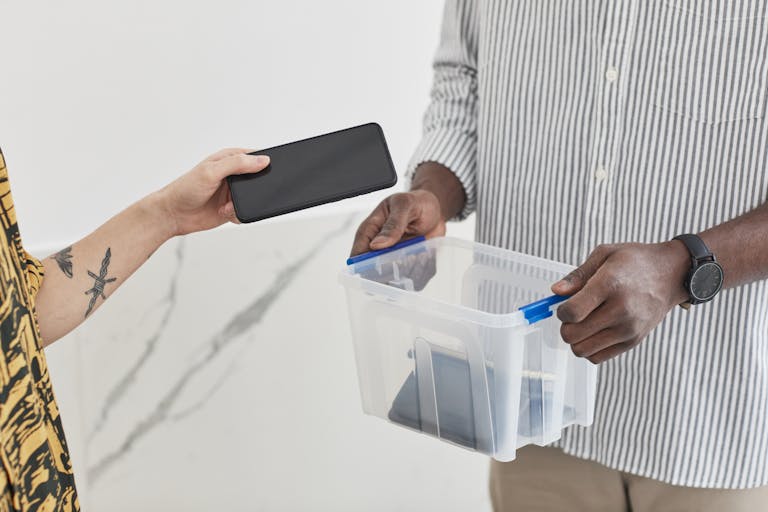Introduction
Have you ever made a decision and then spent hours—or even days—second-guessing yourself? You’re not alone. In a world full of advice, opinions, and comparisons, it’s easy to lose confidence in your own voice. But here’s the truth: building self-trust is the key to clarity, resilience, and a grounded life. And the good news? It’s a skill you can grow.

1. What Is Self-Trust?
Self-trust is your belief in your own ability to handle life, make decisions, and stay true to yourself.
- It’s knowing you can count on you.
- It doesn’t mean you’re always right—but that you trust your judgment and can correct course if needed.
- It’s the foundation of confidence, authenticity, and personal integrity.
2. Signs You Lack Self-Trust
- You constantly ask others for advice, even on small things.
- You ruminate over decisions long after making them.
- You feel paralyzed by the fear of being wrong.
- You rely more on validation than your own values.
Recognizing these signs is the first step to change.
3. Start by Keeping Promises to Yourself
When you repeatedly break small promises to yourself (like skipping your morning routine or snoozing your goals), you slowly erode self-trust.
- Keep even the smallest commitments.
- Start with manageable wins: 5-minute walks, journaling, or 10 minutes of focused work.
- Each follow-through becomes evidence that you’re reliable.
4. Silence the Inner Critic
Self-trust can’t grow in a hostile environment.
- Notice your inner dialogue. Would you talk to a friend like that?
- Replace “I always mess up” with “I’m learning how to handle this better.”
- Speak to yourself like someone worth believing in—because you are.
5. Stop Seeking Excessive Reassurance
Input is helpful. But overconsumption of opinions creates noise.
- Limit how often you poll others on decisions.
- Set a time limit for research, then trust yourself to choose.
- Trust grows when you take action—not when you chase perfect certainty.
6. Reflect, Don’t Ruminate
When things go wrong, self-doubt often spirals. Instead:
- Ask: “What did I learn?” not “Why am I like this?”
- Treat every outcome as feedback, not failure.
- Self-trust doesn’t mean avoiding mistakes—it means growing through them.
Q1: Can self-trust really be built over time?
Absolutely. Like any skill, consistency and awareness strengthen it day by day.
Q2: What if I’ve made bad decisions in the past?
Everyone has. Self-trust isn’t about being perfect—it’s about knowing you can recover and learn.
Q3: Is self-trust the same as self-confidence?
They’re related, but self-trust is deeper. It’s your internal foundation, while confidence is often more visible.
Q4: Can therapy or coaching help with self-trust issues?
Yes. Working with a therapist or coach can reveal patterns and support you in rebuilding your inner voice.
Starting today, choose one decision you’ve been putting off—and act on it. Trust yourself to handle whatever comes next. Because real confidence comes not from perfection, but from your ability to move forward despite fear.

I’m EKBAL HOSSAIN MONDAL, the creator of SmartSolveTips.com — a blog dedicated to helping people improve productivity, avoid digital burnout, and live better online. With years of hands-on experience in self-development and digital wellness, I write practical tips and tools to help you stay focused and thrive in a fast-paced digital world.






